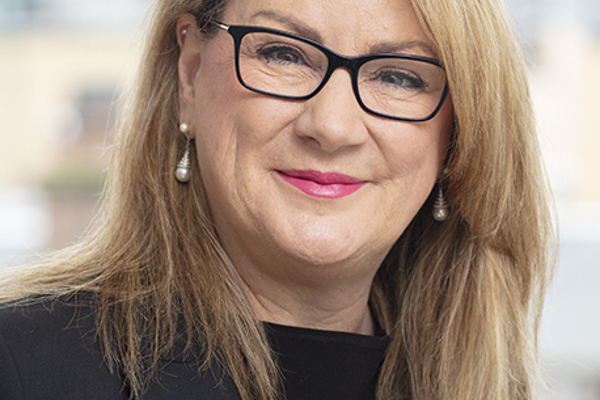It was the year that I applied for a traineeship at Morton Fraser, now Morton Fraser MacRoberts, knowing that my school grades would likely be average when compared to the other candidates. Truthfully, I wasn't expecting to be invited for an interview. I found out later that it was RARE's CRS that had identified me as being, what they call, an "outperformer" - i.e. that I had performed better than expected in comparison to those in the same socio-economic situation.
So, what is RARE's CRS and how does it identify outperformers to enable people like myself to enter the legal profession?
How does RARE's Contextualised Recruitment System work?
The software tool analyses information beyond traditional criteria, such as academic grades, and takes into account a candidate's socio-economic background. It gives talented individuals who would otherwise be overlooked in the recruitment process an opportunity to shine and, ultimately, a fairer chance of securing a traineeship with a firm.
Applicants are invited to complete a non-compulsory questionnaire which seeks to ascertain information pertaining to a candidate, including their home postcode whilst at school, eligibility for free school meals, whether they were the first-generation university student, are a carer for a family member or are a refugee among other indicators of social disadvantage. The CRS is able to use this information to identify those who have outperformed their peers and ensures candidates applications are reviewed in light of their wider personal circumstances.
It's important to note that this identifier is discarded in favour of blind interviews - meaning that those tasked with reviewing the CRS results to shortlist candidates for the first stages of the interview will not form part of the selection panel. The information gathered by RARE's CRS is not attached to the application when it's in the hands of those deciding which candidates should be appointed as Trainees, so the recruitment panel are not aware of whether or not a candidate has benefitted from the process. I know all I wanted was to be in the room - knowing that I could prove to those on the panel I was right for the role. This feeling will be known to many and I am glad that Morton Fraser gave me the opportunity to prove myself.
RARE's impact on our recruitment of legal talent
With our firm's focus very much on recruiting and nurturing diverse talent from all different backgrounds and all walks of life, the tool has been invaluable. Recent statistics have, in fact, been hugely encouraging for our first few years of using RARE's CRS. In 2019, 15% of candidates shortlisted to our group interview stage were recognised as having some form of social disadvantage - in 2021, this was up to 33%. In 2019, one out of the eight candidates who received a traineeship offer (12.5%) had some form of social disadvantage, in 2021 this was three from 12 (25%).
The work of our Social Mobility ERG
My colleagues and I have sought to do more in this space - forming the Social Mobility Employee Resource Group (ERG). In July, we assisted our colleagues in Human Resources, to deliver our very first PRIME work experience programme. Six high-school students spent a week in our Edinburgh office, gaining experience in various areas across the firm. It was great to receive positive feedback from the students themselves and also from our colleagues, and we are currently assisting with the planning for next year's programme.
As well as actively working with colleagues across the firm to explore ways to develop our outreach activities, we have also been reviewing our recruitment processes. We have recently incorporated video responses into our traineeship application process to improve candidate experience and drive process efficiencies. Candidates will be given two questions and will have a few minutes to prepare, before recording a video of up to a minute for each question. These responses have been built into our online application form and will give candidates the chance to provide personalised answers to allow the HR team to get a better feel of who the candidates really are.
We know there is much more to do to ensure that there are no barriers to accessing the legal profession no matter a person's background. However, it's great to see the progress made here to make the firm, and the profession more widely, an inclusive place for all. RARE's CRS has been a hugely worthwhile tool in our recruitment process, and from a personal perspective, its contribution to my career is apparent. I wanted the chance to prove I had what it took to be a lawyer, and with the help of RARE, I've been afforded that opportunity here.


